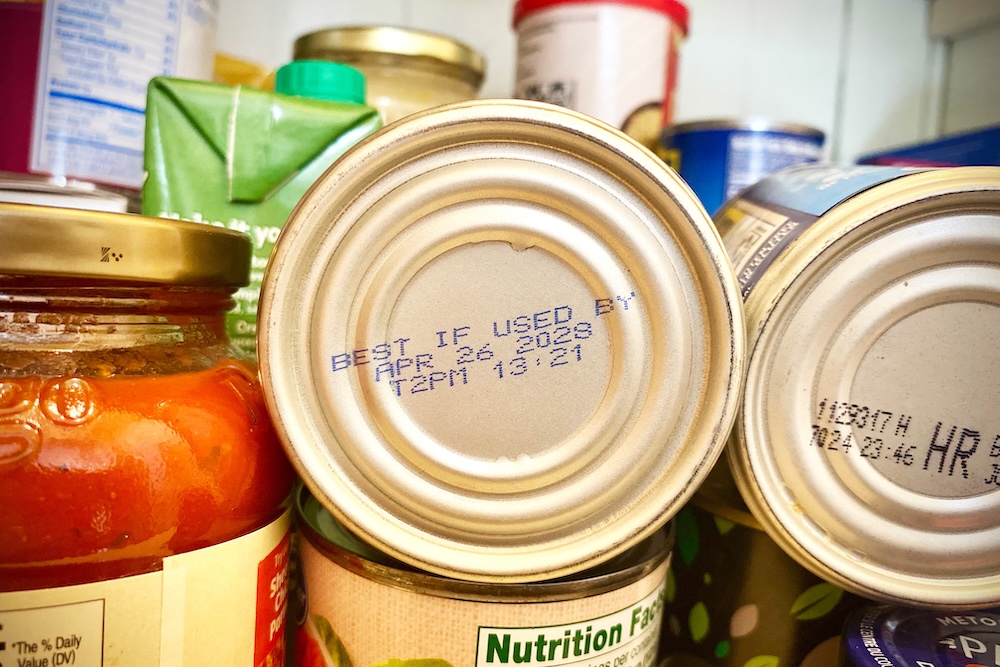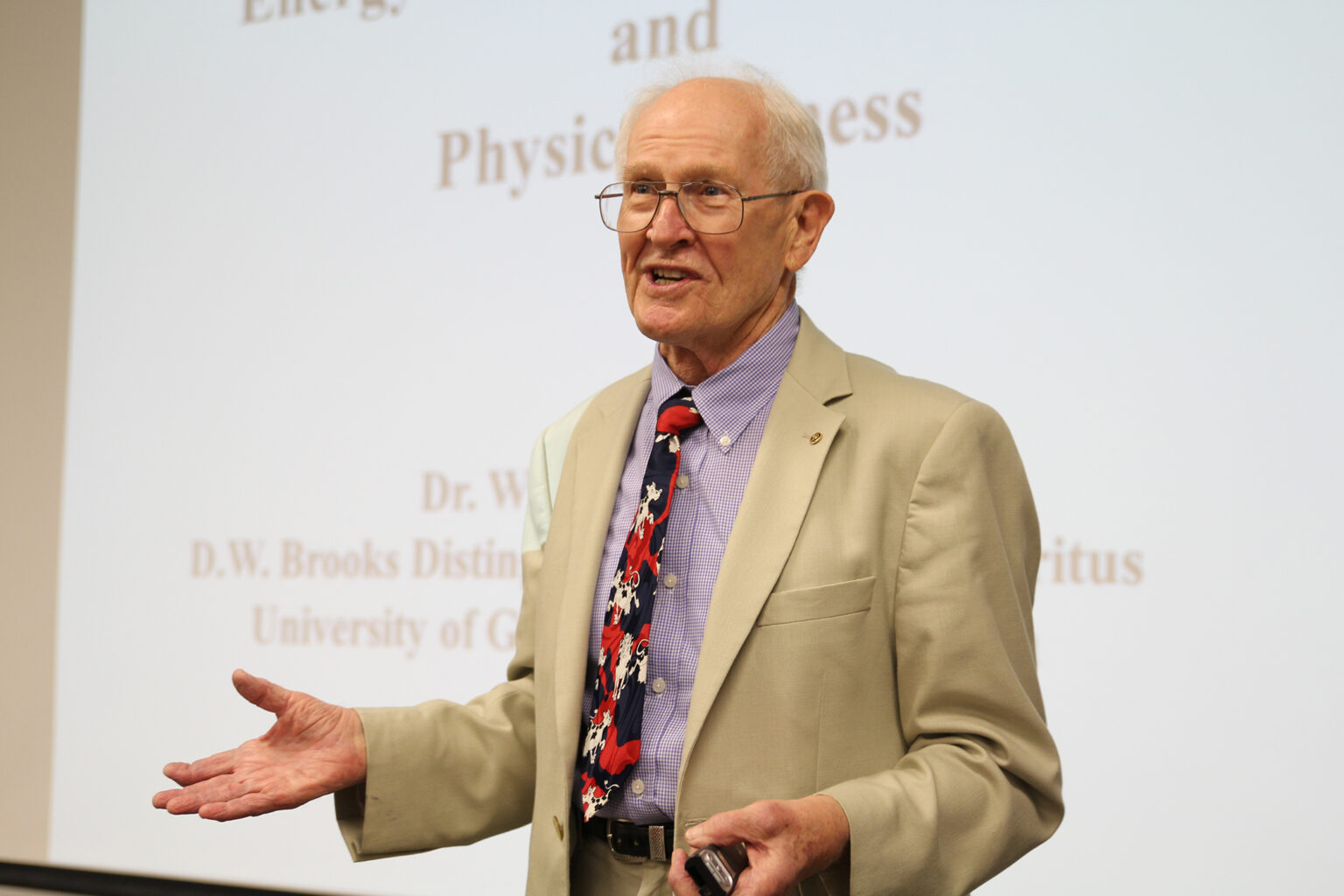
The University of Georgia Cooperative Extension diabetes prevention program has received the highest recognition offered by the Centers for Disease Control and Prevention.
The CDC’s Full Plus certification is reserved for lifestyle change programs that have effectively delivered a quality, evidence-based program that meets all the standards for CDC recognition and additional retention thresholds.
The certification is based on participant achievement of attendance, weight loss, physical activity minutes reported and retention in the year-long program.
According to the CDC, the goals of lifestyle change programs are to prevent or delay Type 2 diabetes by making lasting lifestyle changes like eating healthier, increasing physical activity and improving coping skills.
Over 300 people enrolled in the UGA program, and to date 135 have completed it. Participants have lost a total of 2,097 pounds.
“This recognition speaks to what an amazing job our team is doing in delivering this program with fidelity, integrity and passion to encourage participation, retention and achievement of goals,” said program director Alison Berg, associate professor in the College of Family and Consumer Sciences and UGA Extension nutrition and health specialist.
Programs with the Full Plus certification earn five years of CDC recognition as opposed to the three years reserved for programs that receive Full recognition. UGA received certification for both in-person and virtual diabetes prevention program (DPP) due to its higher retention rate.

UGA delivers the DPP through UGA Extension, which has over 20 faculty and staff members who have been trained as facilitators for the program. The UGA Extension network has allowed Georgia residents at risk of developing prediabetes access to the program, whether in-person or virtually, no matter their location.
Nearly 60% of the participants have decreased their risk for developing diabetes by reducing their hemoglobin A1c, a marker for diagnosing diabetes, and/or meeting their weight and physical activity goals.
“It’s so meaningful to be a part of our participants’ journeys to achieving their goals,” Berg said. “Many of our participants report not only losing weight, but taking less medication and even being able to come off of some medications. They also report feeling better in their own skin, sleeping better and being able to keep up with kids and grandkids. That is why we do this work: to help people live healthier and happier lives.”
While the cost savings of weight loss can be difficult to measure, one recent study indicates that people who lose 5-10% of their body weight save approximately $135 per month in direct healthcare costs.
If applied to the UGA DPP program, Berg estimates the 75 participants who have met the weight loss goal would save more than $127,000 over the next year should they maintain the weight loss.
Additionally, based on the same study’s estimates, the 79 participants who have met their diabetes risk reduction goal will save $211,009 in healthcare costs if the weight loss or change in hemoglobin A1c keeps them from progressing from prediabetes to diabetes.
According to the CDC registry, there are 2,188 organizations recognized by the DPP. The UGA DPP program is one of just 237 that have received Full Plus recognition and one of 11 to earn this designation for both in-person and virtual programs.
“It is immensely gratifying to see the science of diabetes prevention being implemented to improve the public’s health,” wrote Miriam T. Bell, team lead of the National DPP, in a letter to Berg. “It is programs like yours that are turning the tide in the fight against the epidemic of Type 2 diabetes.”
For more information about the UGA Extension diabetes prevention program, visit extension.uga.edu.






